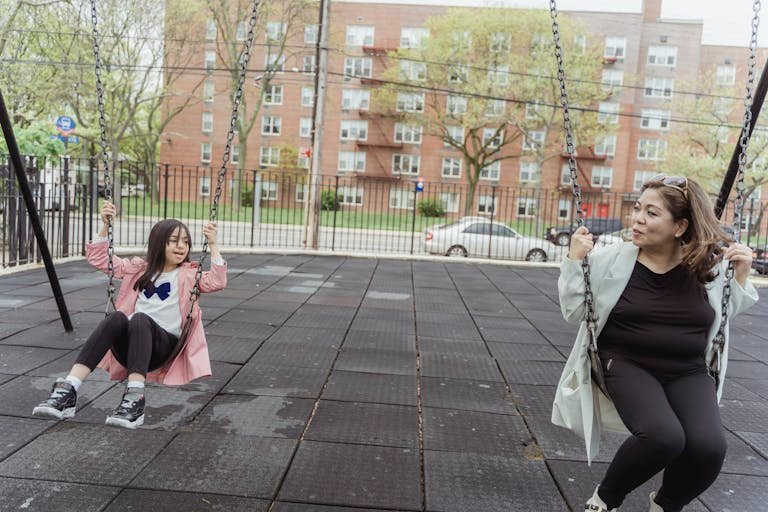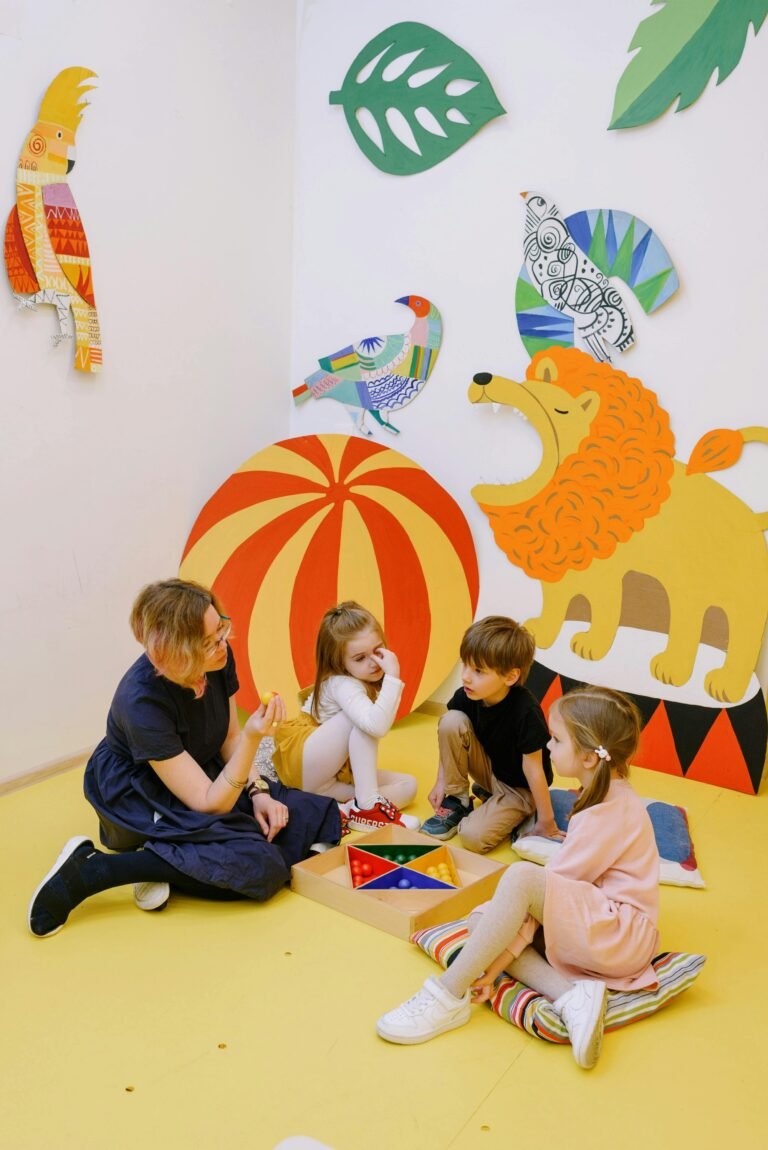
“When I turned 18, the world expected me to behave like an independent adult. Despite that, I still needed my routines, my schedules, and my quiet spaces.” These words could have been shared by any young autistic adult when discussing their experience of reaching adulthood.
Recent research estimates that each year, more than 70,000 young people on the autism spectrum in the United States reach the age of majority. This moment, which for many signifies freedom and new opportunities, can represent a major challenge filled with uncertainty and anxiety for autistic individuals.
Although autism diagnosis and support often focus on childhood, autism is a lifelong condition, presenting unique challenges upon reaching adulthood.
As a young person living with autism approaches adulthood, they begin to face challenges that were not present during childhood.
Common Challenges in the Transition to Adulthood
- Changes in routines: Autistic individuals often feel secure in predictability. Changing schools, starting a job, or moving house can be particularly stressful for those who find security in predictability. Depending on the level of support needed to navigate daily life, autistic individuals may face challenges with changes in their environment and how they are perceived by society. New routines are generally accompanied by new responsibilities towards themselves and society.
- Communication and Social Relationships: Adulthood brings new social scenarios: job interviews, new friendships, dating, or interacting with coworkers. Difficulties in direct communication and interpreting social norms can be a significant barrier. Again, depending on the individual’s support needs, increased exposure to new social spaces presents the challenge of navigating these environments. This can be especially complex in situations like forming new social relationships, interactions in service settings, or job interviews, all of which often depend on interpreting subtle social cues.
- Development of Life Skills: Managing money, cooking, using transportation independently, or managing time are skills that often need to be taught explicitly. These skills, which largely depend on executive functions like planning and organization, often need to be explicitly taught and practiced.
- Access to Resources and Support: Many families feel that support disappears once schooling ends. Finding appropriate professionals, programs, support services (like vocational rehabilitation), or suitable materials can be complicated.
Support Strategies
At The Behavior Therapist Backpack, we want every therapist and family to have the tools to facilitate this process. Some key strategies are:
- Visual Planning: Create visual schedules or agendas with pictograms detailing the steps of a new routine or significant change. In our store, you’ll find visual boards and pictogram sets ideal for this, as they make processes more predictable, concrete, and manageable.
- Role-Playing and Social Skills Practice: Use communication board games or conversation cards to practice everyday situations, including work or cohabitation scenarios. Perfect for therapy sessions or at home!
- Life Skills Development: Organize practical activities using concrete materials: play money, visual grocery lists, or simple cooking games. We have kits designed to work on these skills step-by-step.
- Seeking Specialized Support: Look for local or virtual organizations offering independent living skills workshops, adapted job placement programs, peer support groups, or mentorships for autistic adults, as well as vocational rehabilitation services that can help in finding and maintaining employment.
Seeking Inspiration (Stories about autism worth following)
- Kieran Rose: The Autistic Advocate Kieran Rose is a published mainstream and academic author, international public speaker, trainer, researcher and consultant to organisations all over the world with a specialism in Autistic Masking, Autistic Burnout and Autistic Identity. He was diagnosed Autistic in 2003 and is Dad to three autistic children. https://theautisticadvocate.com/blog/
- Chris Bonello: Autistic Not Weird Bonnello was first assessed for autism in 1989, at the age of four. Despite a damning report into his deficiencies concerning speech, expressive language and social competence, he did not receive a diagnosis due to misconceptions about autism in 1989. At the age of ten, an educational psychologist reported him as having a “slightly odd personality”. He grew up believing himself to be the weird kid, until his Asperger Syndrome diagnosis finally came at the age of 25. Since then, he has been able to turn his attitude around and define himself by his strengths rather than his weaknesses, and encourages other autistic people to see their own strengths. https://autisticnotweird.com/
- Emily Katy: She is a young autistic woman with ADHD, the Sunday Times Bestselling author of ‘Girl Unmasked: How Uncovering My Autism Saved My Life’, a Trustee for the Autistic Girls Network, a blogger, speaker, and mental health nurse, who talks and writes about neurodivergence and mental health. Sectioned on a CAMHS unit at 16 after years of high anxiety, OCD, and low mood, she was diagnosed with autism just before her 17th birthday and with ADHD at 21. She began blogging about her experiences shortly after her autism diagnosis and is passionate about helping young autistic people understand why they are different and know they aren’t alone, while also raising awareness and understanding of autism, ADHD, and mental health. https://www.authenticallyemily.uk/
With these stories of autistic adults, I want to highlight how each person can build their own path to a fulfilling life.
The therapist’s perspective
The transition to adulthood for autistic individuals presents real challenges, but also enormous potential and many opportunities for growth. The key lies in support, patience, and the use of resources adapted to their individual needs.
At The Behavior Therapist Backpack, we believe in the importance of practical, visual, and concrete tools to make this process a more predictable and friendly experience.
We invite you to explore our store, download our free resources, and join our community committed to the development and well-being of every person with autism.
Because every step counts… and no one has to walk this path alone.





